
Rejoice, O Righteous!
Many people suffer similar difficulties. Despite learning, awareness, and prayer, they still feel that they have not experienced any significant change...

Translated by Rabbi Lazer Brody
In Forest Fields, Part 52
The Gemara says, “If a person transgresses and repeats that transgression, then it becomes in his mind a permitted thing to do” (tractate Yoma 86b). This transgression seems like a permissible act whenever a person is not making a daily effort to rectify his deeds. As long as he’s struggling to do teshuva, praying, and making a comprehensive daily self-evaluation of his actions, then even his failures become part of his personal and spiritual growth. The transgression doesn’t become "a permitted thing to do" for he has not allowed the sin to become an accepted norm in his life.
On the other hand, if a person has not yet clarified the truth and is yet unaware that he is sinning, then he’ll obviously perpetuate his errant ways because he does not even feel that he is transgressing. Such people are often indignant in the face of harsh judgments, for they don’t realize that their own failure to clarify the truth and to improve their ways is the root cause of many – if not all – of their troubles in life.
Teshuva always saves a person from harsh judgments. If between the two sinful acts one does teshuva, then the second act would not be regarded as "repetition" for the teshuva would have cleansed him of the first act’s sin. This is surely one of the most wondrous benefits of daily teshuva and hitbodedut.
Even if a person does not yet succeed in living according to the truth he knows, it is of great significance that he at least recognizes the truth and strives to live in according with it. This fact can be a major reinforcement to those who are trying their best but haven’t yet fully rectified their ways. With daily effort in personal prayer that includes self-evaluation and teshuva, a setback is neither failing nor descending, but rather an integral part in one’s battle to do true teshuva and correct his ways.
The above principles of truth clarification, self-evaluation, and daily teshuva are vital in implementing all of the commandments set forth in the Torah, improving our character traits, and ridding ourselves of bodily lust. If a person works on each matter in consistent daily hitbodedut, he’ll make dramatic improvement in that given area. If he continues to do lengthy hitbodedut on each and every matter until the truth is crystal clear in his mind, and prays to act according to the truth, he’ll become a true complete Tzaddik.
Rejoice, O righteous!
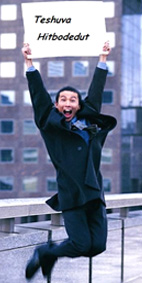 Let’s see why a prayer that comes without preparatory self-composure isn’t effective: A person came to me with a complaint. He had listened to a stimulating lesson about anger. He said that he had taken the lesson to heart and had been praying for a long time to overcome his anger. Yet, despite his prayers he finds himself angry all the time. He asked, "What should I do? What is lacking in my labor?" After all, he had listened to the lesson, had been attentive, and desired to improve. He had even prayed daily for salvation in this area. What else should he be doing? What else does Hashem require of him? Why is his salvation delayed in its coming?
Let’s see why a prayer that comes without preparatory self-composure isn’t effective: A person came to me with a complaint. He had listened to a stimulating lesson about anger. He said that he had taken the lesson to heart and had been praying for a long time to overcome his anger. Yet, despite his prayers he finds himself angry all the time. He asked, "What should I do? What is lacking in my labor?" After all, he had listened to the lesson, had been attentive, and desired to improve. He had even prayed daily for salvation in this area. What else should he be doing? What else does Hashem require of him? Why is his salvation delayed in its coming? Where is the setback here? What’s missing, that even such a person who prays for salvation does not realize any change for the better in his bad character traits? Having learned the power of prayer, how is it possible that a person fails to do what he must? The abovementioned example is not extraordinary. Many people suffer similar difficulties. Despite learning, awareness, and prayer, they still feel that they have not experienced any significant change.
What’s lacking in the above example is yishuv hadaat, of self composure. Rebbe Nachman teaches that this is the vital element in our spiritual endeavors. He states explicitly that the obstacle that keeps the world distant from Hashem is a lack in yishuv hadaat. As such, any person who feels that he is distant from Hashem must strive to achieve self composure and a complete clarification of the truth.
Rebbe Nachman describes (see Sichot HaRan, 47) the self composure one must aspire to attain: "One must find the time to contemplate everything he is doing in this world, and because he does not compose his thoughts, he lacks true spiritual cognizance. Even if he does have some measure of self composure, it doesn’t last for an extended period of time but rather quickly escapes him, for the little self composure he has attained is not strong, decisive and unwavering. Therefore, he does not understand the folly of this world. But, if he’d clarify the truth, he’d realize the folly and vanities of this world…"
Rebbe Nachman says that he who doesn’t compose and clarify his thoughts lacks daat, or spiritual cognizance. We can conclude from this that he who does not clarify his thoughts has no true knowledge, and that one who does achieve self composure attains the knowledge and insight that are gained from spiritual cognizance.
A person's confusion, his many conflicting and divisive thoughts, thinking once one thing and afterwards something quite to the contrary, surely signifies that he lacks true self composure.
"Knowledge" is in effect the verification and clarification of truth in our minds, which equip us to make the right decisions in any situation. One who has yet to compose his thoughts can’t possibly be certain of the truth and therefore won’t know how to act. The awareness that he must clarify the truth on certain points can also be considered self composure, for the desire to accomplish something is already half the goal.
To be continued.




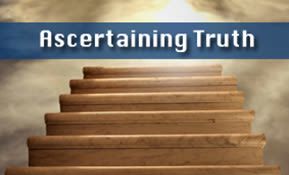

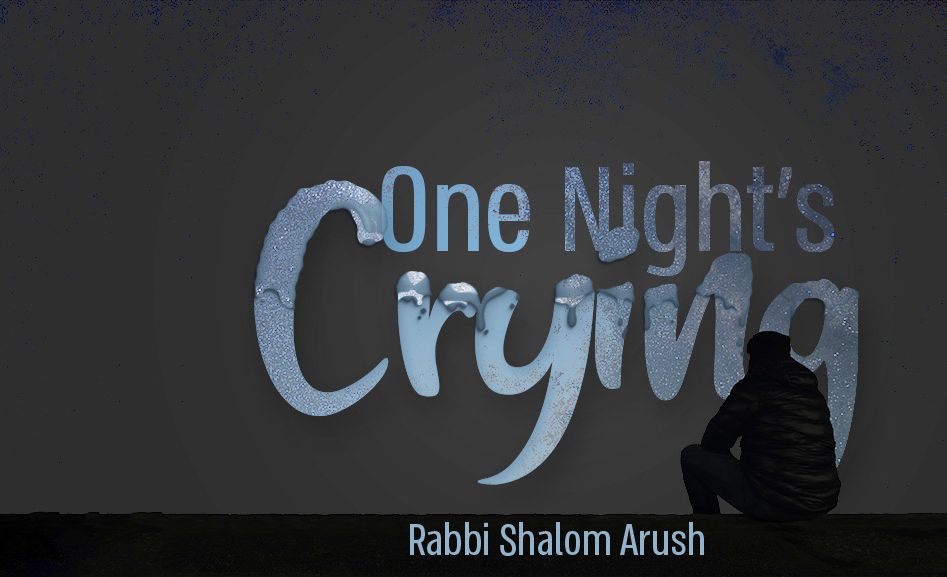
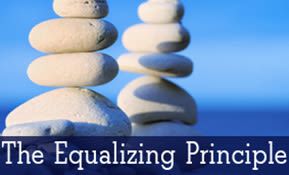
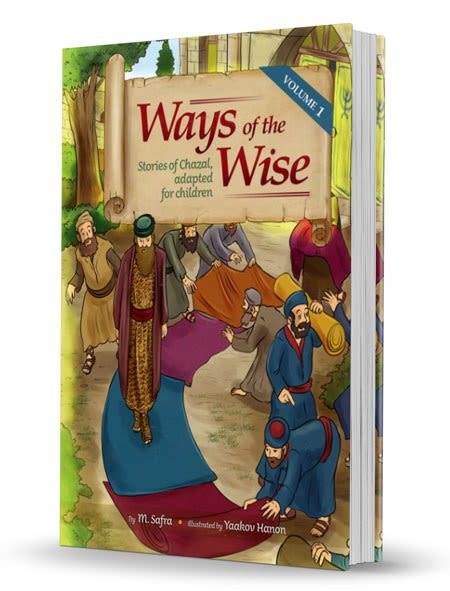
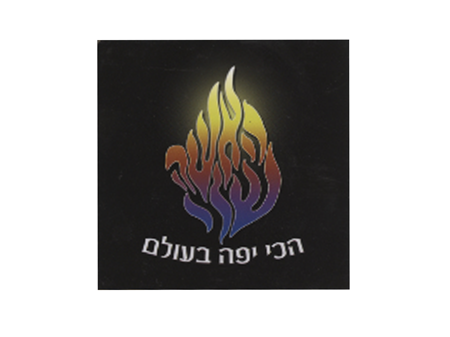




Tell us what you think!
Thank you for your comment!
It will be published after approval by the Editor.